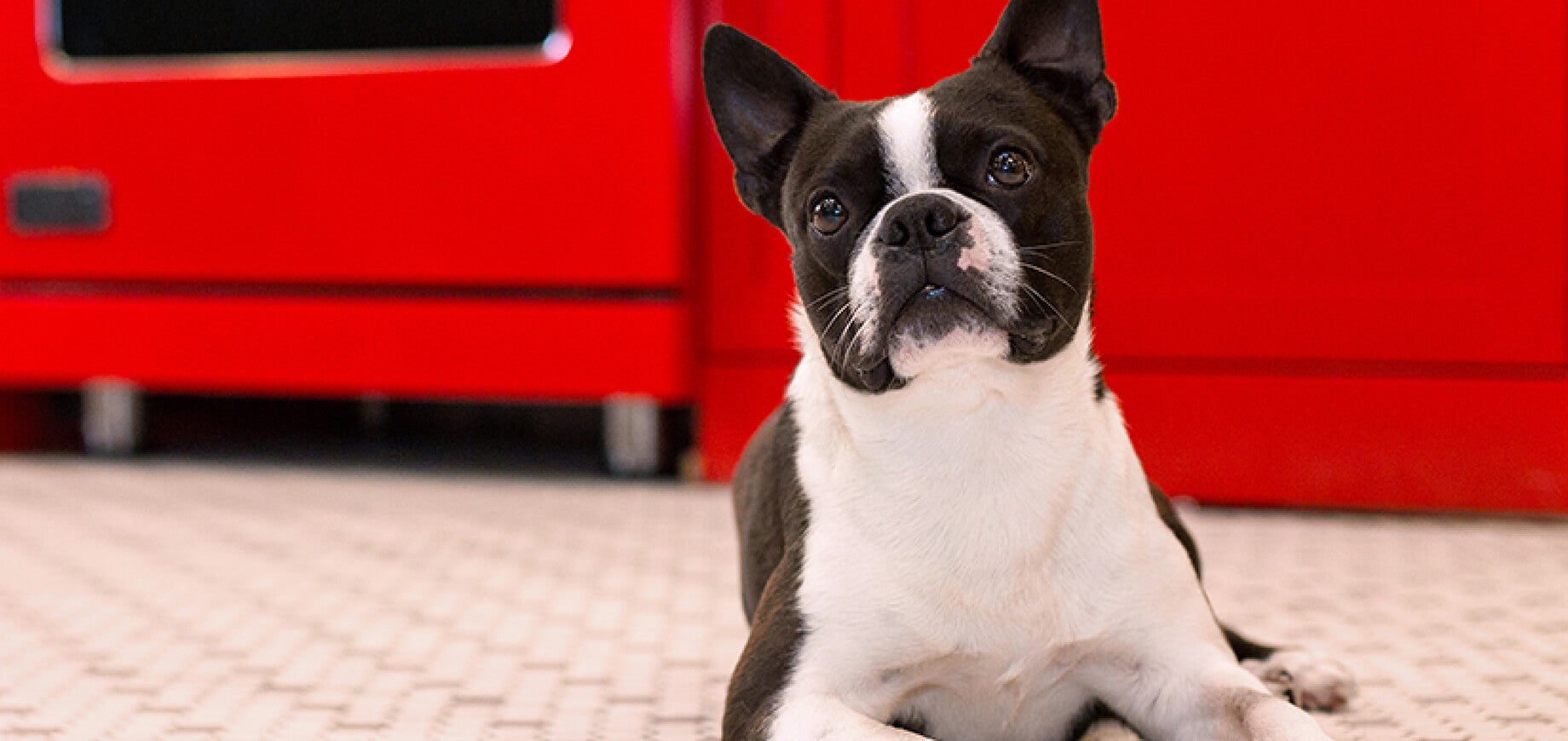Find products that match your dog’s needs

Dog neutering, also known as dog castration, is a common surgical procedure that removes both testicles from a male dog, making him infertile and unable to reproduce. As a responsible pet parent, you might be wondering when to neuter your dog and why it's essential. In this article, we will explore the benefits of neutering, the right age for the procedure, and how to provide proper aftercare for your furry friend.
The appropriate dog neutering age varies with the general recommendation being between six and nine months. However, small breed dogs can undergo the procedure earlier, whereas larger breeds may need to wait longer. Since factors like breed, size, and health conditions play a huge role in determining the right time to neuter a dog, you must consult a veterinarian.
Neutering your dog at the wrong time can lead to various issues. Neutering too early may result in Behavioural problems, obesity, hypothyroidism, or increased bone growth. On the other hand, neutering too late reduces the benefits associated with the procedure, such as preventing testicular cancer and prostate disease. Consult with your veterinarian to determine the ideal time for neutering your dog.
Neutering generally has a positive impact on a dog's health, reducing the risk of diseases and increasing longevity. However, there are potential disadvantages, including obesity due to a slowed metabolism and increased risks of cruciate ligament tears in large breeds that are neutered too early. Behaviourally, neutering may reduce roaming, mating Behaviours, and certain types of aggression, but it can also lead to noise phobia in some dogs.
Neutering your dog can have a positive effect on their overall Behaviour. Neutered male dogs tend to be less aggressive as the surgery removes the hormones responsible for triggering aggressive Behaviour. They also exhibit a reduced tendency to mark territory or engage in mounting Behaviours. While neutering doesn't guarantee a complete change in Behaviour, it can greatly reduce the likelihood of negative Behaviours.
Some advantages of dog neutering include:
Side-effects of neutering your dog include:
After neuter care for dogs is essential to ensure a smooth recovery. Post-operative care includes:
In addition to the immediate post-operative care, it's essential to monitor your dog's overall health and well-being following the procedure. Keep an eye on their weight and activity levels as neutered dogs may require adjustments to their diet and exercise routines to maintain a healthy weight. Consult with your veterinarian about any necessary changes to your dog's lifestyle and ensure they continue to thrive after neutering.
In conclusion, dog neutering is a valuable procedure for pet owners that offers multiple health and Behavioural benefits. However, proper timing and aftercare are crucial to ensure a successful outcome. Consult with your veterinarian to determine the best approach for your dog after taking his breed, size, and health conditions into consideration.
After neutering, male dogs often experience Behavioural changes, such as reduced aggression and roaming tendencies. However, it's important to note that every dog is unique, and hence the changes in its body and Behaviour can vary. Neutering can also contribute to improved overall health and reduced risks of certain diseases.
The ideal dog neutering age varies, but it's generally recommended between six and nine months. Smaller dogs can be neutered earlier, whereas larger breeds might need to wait longer. Consulting with your veterinarian is essential to determine the optimal time based on your dog's breed, size, and health.
Neutering is a surgical procedure performed under general anaesthesia, so dogs don't feel pain during the operation. Post-operative discomfort may occur, but veterinarians typically provide pain management solutions to ensure your dog's comfort and swift recovery.
Although neutering is a surgical procedure, the risks are relatively low with modern techniques and equipment. Veterinarians are well-trained to perform the operation, minimizing potential complications. It's crucial to follow your veterinarian's aftercare instructions to ensure your dog's recovery is smooth and risk-free.

Find a PEDIGREE® stockist
near you!
Buy online
Click to buy from any of the retailers below

